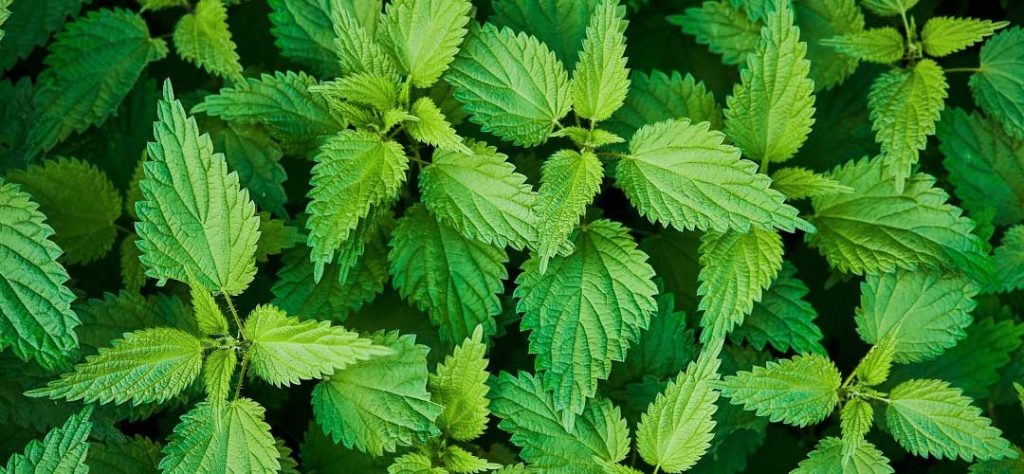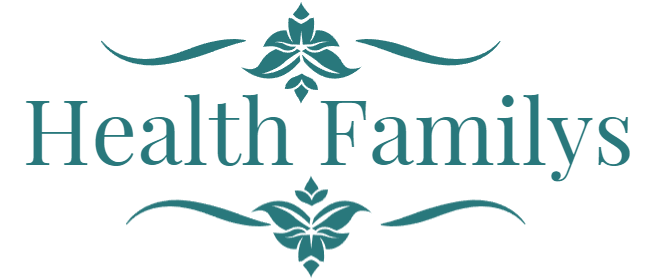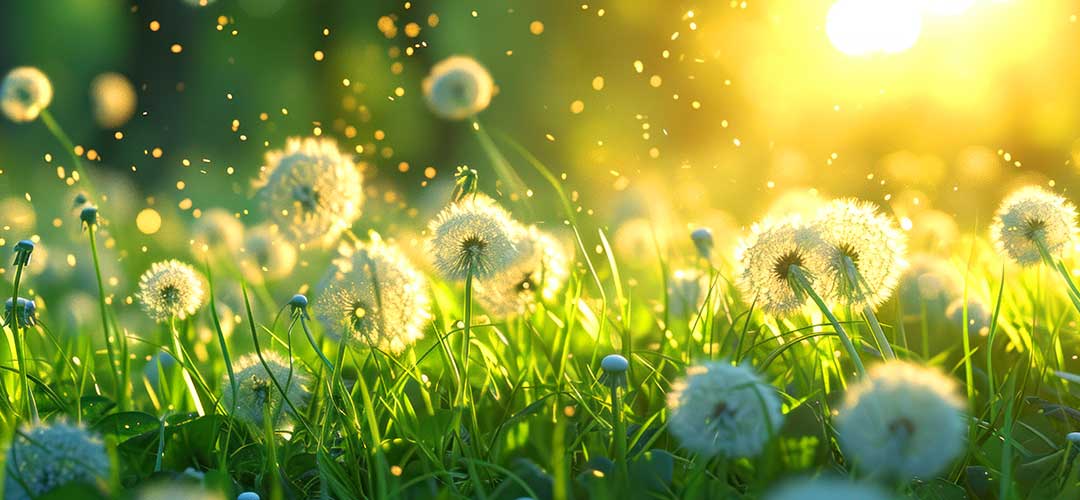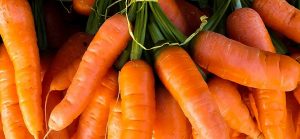If you suffer from seasonal allergies, you’ll know how frustrating and relentless hay fever symptoms can be.
Sneezing fits, itchy eyes, a runny nose, and general fatigue can quickly take the joy out of spring and summer. But before you reach for antihistamines, which often come with drowsy side effects, why not explore natural remedies for hay fever that work?
Whether you’re looking for long-term allergy relief or something to soothe symptoms fast, there are a number of tried-and-tested natural hay fever remedies worth considering. In this blog, we’ll dive into the best natural treatments for hay fever, backed by both tradition and modern science.
What Causes Hay Fever?
Hay fever, also known as seasonal allergic rhinitis, is caused by an overreaction of the immune system to pollen. During spring and summer months, grass, tree and weed pollen are at their peak, triggering inflammation in the nose, eyes, throat and sinuses. For some, this can last weeks on end. Common hay fever symptoms include:
- Sneezing and nasal congestion
- Itchy or watery eyes
- Runny nose and postnasal drip
- Headaches or sinus pain
- Fatigue and irritability
While over-the-counter antihistamines may offer temporary relief, they often don’t address the root cause — and long-term use isn’t ideal for everyone. That’s where natural hay fever relief comes in.
Natural Remedies for Hay Fever That Actually Work
1.Local Honey – Desensitise Your Immune Response
Many hay fever sufferers swear by local honey for hay fever relief. The theory is that consuming small amounts of local pollen through raw honey may help your body build up a tolerance over time, reducing allergic reactions.
While evidence is mostly anecdotal, it’s a safe and delicious addition to your diet — especially when used consistently over the months leading up to allergy season.
2.Vitamin C – The Antioxidant Immune Booster
Vitamin C is not only a vital immune support nutrient, but also a natural antihistamine. It may help reduce inflammation and lessen the body’s histamine production, making it one of the most effective natural supplements for hay fever.
Incorporate vitamin C-rich foods like citrus fruits, strawberries and leafy greens into your diet, or opt for a high-quality supplement — ideally with bioflavonoids for maximum benefit.
3.Probiotics – Balance Your Gut, Balance Your Immune Response
Did you know that around 70% of your immune system lives in your gut? An imbalanced gut microbiome may contribute to increased allergic reactions. Taking probiotics for hay fever could help regulate immune function and reduce inflammatory responses to allergens.
Look for multi-strain probiotic supplements or fermented foods like kefir, sauerkraut and kimchi to support your gut health naturally.
4.Butterbur – The Herbal Antihistamine
Butterbur is a traditional herbal remedy known for its ability to reduce inflammation in the respiratory tract. Studies suggest it may be as effective as some over-the-counter antihistamines, but without the drowsy side effects.
When choosing a butterbur supplement, ensure it’s labelled PA-free (pyrrolizidine alkaloids removed), as these compounds can be harmful if ingested.

5.Nettle Leaf – Nature’s Allergy Support
Nettle (Urtica dioica) is a nutrient-dense plant often used in herbal medicine for its anti-inflammatory and antihistamine properties. It may help reduce symptoms like sneezing, itchy eyes and nasal congestion.
You can take nettles for hay fever in tea form, as a tincture, or in capsules. For best results, begin supplementation before hay fever season kicks off.
Lifestyle Tips for Natural Hay Fever Relief
In addition to natural supplements and remedies, a few lifestyle adjustments can make a significant difference:
- Shower and change clothes after spending time outdoors to remove pollen particles.
- Keep windows closed during peak pollen times (early morning and late afternoon).
- Use a pollen filter in your vacuum cleaner and car.
- Invest in a good air purifier with a HEPA filter for your home.
- Stay hydrated, as water helps thin mucus and reduce congestion.
When to Start Using Natural Remedies for Hay Fever
The key to preventing hay fever naturally is preparation. Many natural treatments are most effective when used consistently in the weeks leading up to allergy season. If you know you typically suffer from hay fever in May, start your natural hay fever support in March or April.
Final Thoughts: Treat Hay Fever Naturally and Effectively
Hay fever doesn’t have to control your life. With the right combination of natural remedies for hay fever that work, you can reduce your symptoms and enjoy the warmer months again. From quercetin and probiotics to local honey and herbal teas, nature offers a powerful toolbox to help you breathe easier, feel better, and support your immune system in a holistic way.
If you’re considering adding supplements to your routine, always choose high-quality products and consult a qualified health professional, especially if you are taking medication or have an existing health condition.






